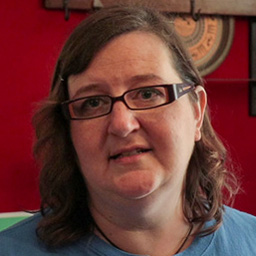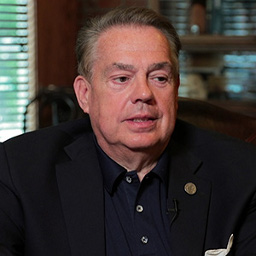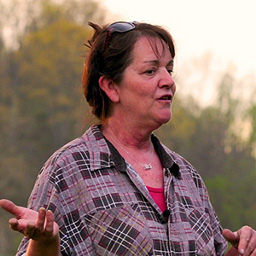I just really want our legislators to pay attention to us because what we have is a crisis in representation.


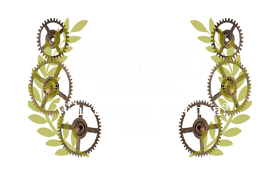


What About Auburn?
The February 1942 issue of The Atlantic Monthly carried an essay, The Community–The Seed Bed of Society, by the social commentator, Arthur Morgan. Its basic premise was that small town communities were vital to our American form of democracy.
